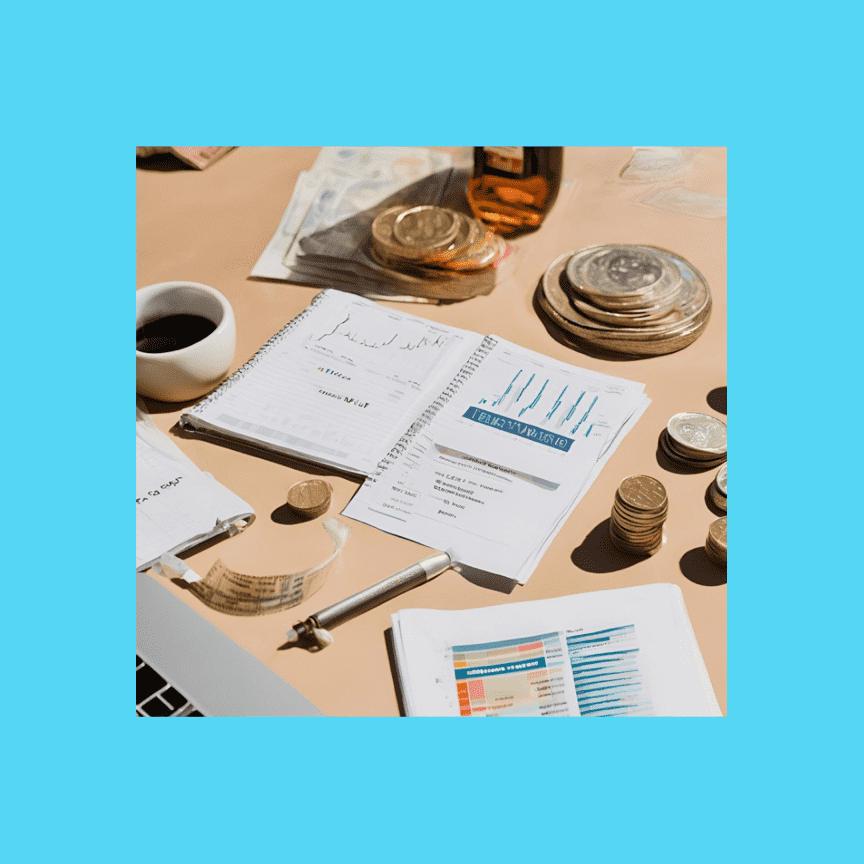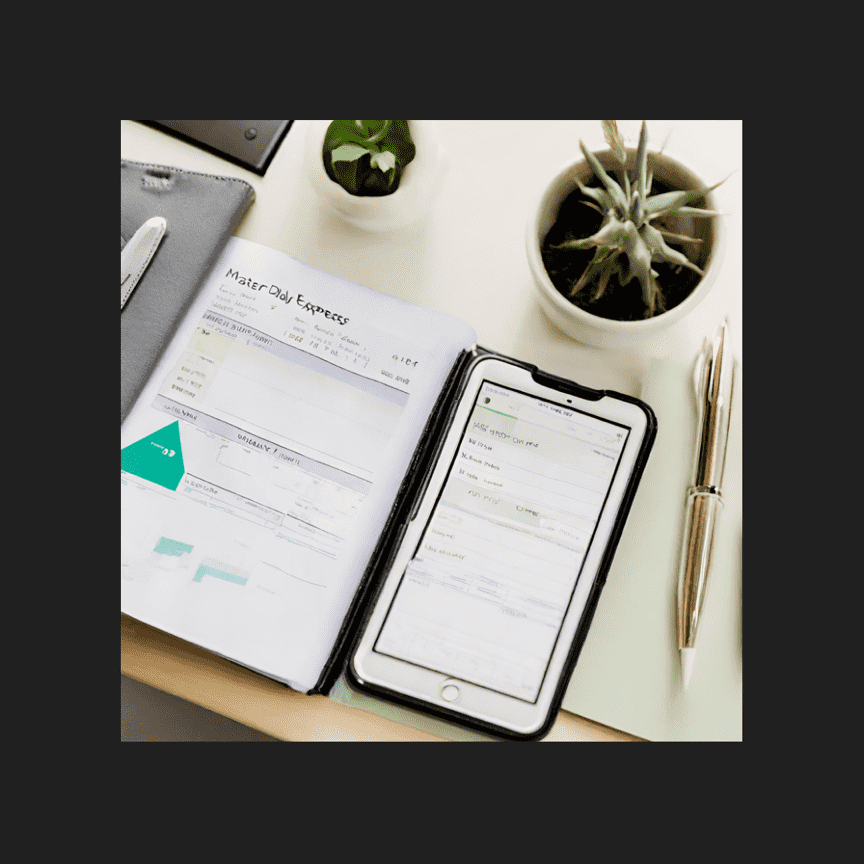Master Your Finances: How to Track Daily Expenses
Learn the importance of tracking daily expenses and get practical tips on how to track daily expenses effectively for financial stability.
In today's fast-paced world, it's easy to lose track of where your money is going. However, tracking your daily expenses is crucial for financial stability and achieving your financial goals. In this article, we will discuss the importance of tracking daily expenses and provide practical tips on how to track daily expenses effectively.
Understanding about Tracking Daily Expenses
Tracking daily expenses involves recording all your expenditures, whether big or small, to gain a clear understanding of your spending habits. By keeping track of where your money goes, you can identify areas where you can cut back and save more.
Importance of Tracking Daily Expenses
Tracking daily expenses is essential for several reasons. It helps you understand your spending patterns, identify unnecessary expenses, and stay within your budget. It also allows you to set financial goals and track your progress towards achieving them.
Setting Financial Goals
Before you start tracking your daily expenses, it's essential to set clear financial goals. Whether you want to save for a vacation, pay off debt, or build an emergency fund, having specific goals will motivate you to track your expenses diligently.
Creating a Budget
Once you have set your financial goals, create a budget that outlines your income and expenses. Allocate a certain amount of money to different categories such as housing, groceries, transportation, and entertainment. Your budget will serve as a roadmap for your spending and help you stay on track.
Choosing a Tracking Method
There are various methods you can use to track daily expenses, such as pen and paper, spreadsheets, or expense tracking apps. Choose a method that works best for you and is easy to maintain.
Using Apps for Daily Expense Tracking
Expense tracking apps like Mint, YNAB, and PocketGuard can simplify the process of tracking your expenses. These apps categorize your expenses, provide insights into your spending habits, and send alerts when you exceed your budget.
Tracking Cash Expenses
If you primarily use cash for your purchases, make sure to keep receipts and record them in your expense tracker. It's essential to account for all your expenses, including those made in cash.
Tracking Credit Card Expenses
For credit card expenses, review your monthly statements and categorize your purchases. This will help you identify areas where you are overspending and make necessary adjustments.
Categorizing Expenses
Organize your expenses into categories such as groceries, utilities, dining out, and entertainment. Categorizing your expenses will give you a clear picture of where your money is going and help you identify areas where you can cut back.
Reviewing and Analyzing Expenses
Regularly review your expenses to see if you are staying within your budget. Analyze your spending patterns and look for trends or areas where you can reduce costs.
Making Adjustments to Spending Habits
Based on your analysis, make adjustments to your spending habits. Cut back on unnecessary expenses, find ways to save money, and prioritize your financial goals.
Tips for Staying Consistent with Tracking
To stay consistent with tracking your daily expenses, make it a habit to record your expenses daily. Set aside time each day to update your expense tracker and review your spending.
Benefits of Tracking Daily Expenses
Tracking daily expenses offers several benefits, including improved financial awareness, better money management, and increased savings. It also helps you make informed decisions about your spending and achieve your financial goals.
Common Mistakes to Avoid
When tracking daily expenses, avoid common mistakes such as forgetting to record cash expenses, neglecting to review your spending regularly, and not adjusting your budget as needed. Stay vigilant and proactive in managing your finances.
In conclusion, tracking daily expenses is a fundamental aspect of financial management. By monitoring your spending habits, setting financial goals, and making adjustments as needed, you can achieve financial stability and work towards a secure financial future.
FAQs
1. Why is it important to track daily expenses?
2. What are the benefits of using expense tracking apps?
3. How can I stay consistent with tracking my expenses?
4. What are some common mistakes to avoid when tracking daily expenses?
5. How often should I review my expenses to stay on track with my budget?
Master Your Finances: How to Track Daily Expenses
Tax Planning Strategies for High Income Earners: Building Wealth Simultaneously
Tax Planning Strategies for High Income Earners: Building Wealth Simultaneously
Discover effective tax planning strategies for high income earners to optimize wealth accumulation through smart financial planning and investments.

Financial Advice for High Income Earners: Understanding HENRYs
Financial Advice for High Income Earners: Understanding HENRYs
Learn how High Earners Not Rich Yet (HENRYs) can overcome financial challenges and build wealth effectively with tailored strategies and financial advice for high income earners.


